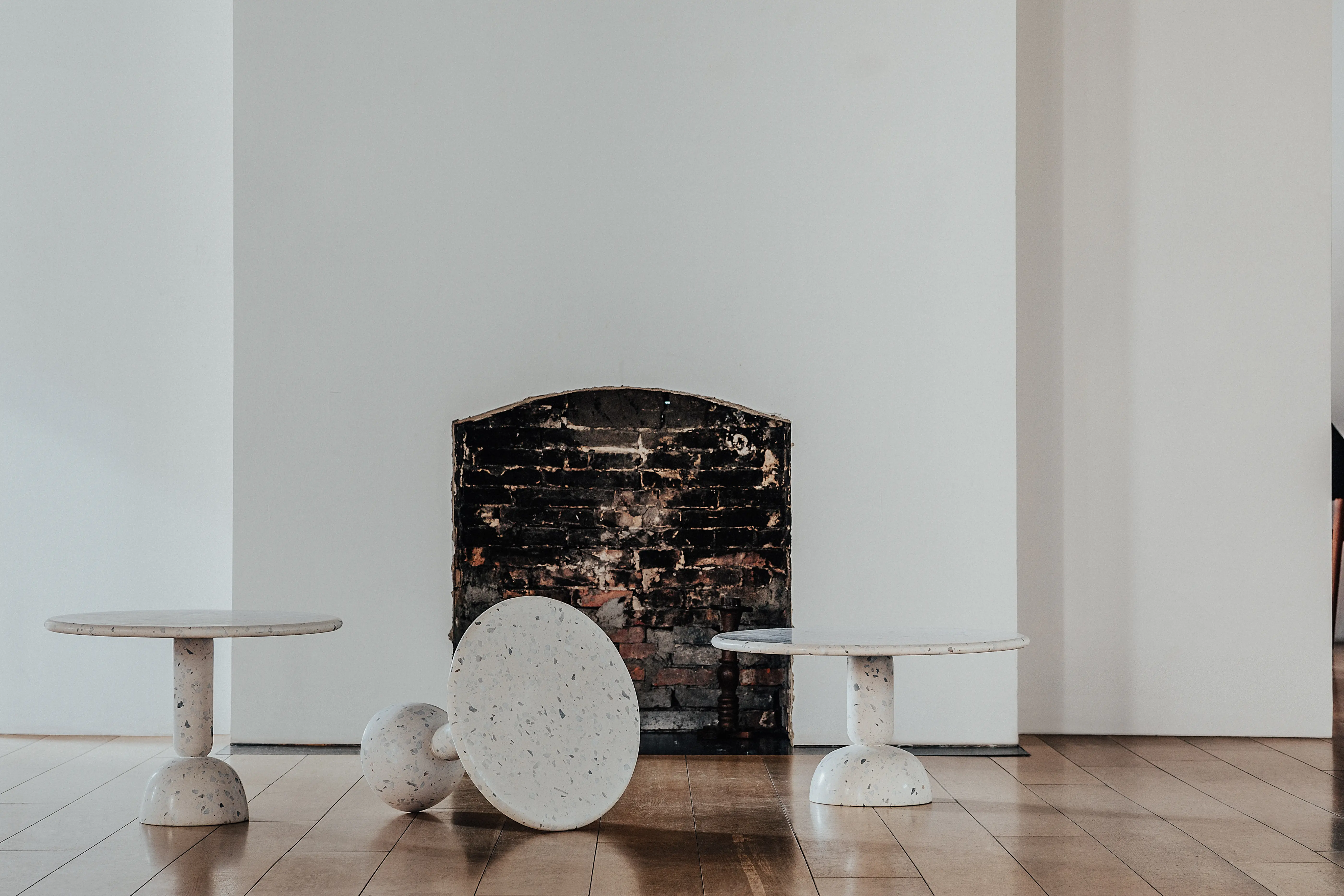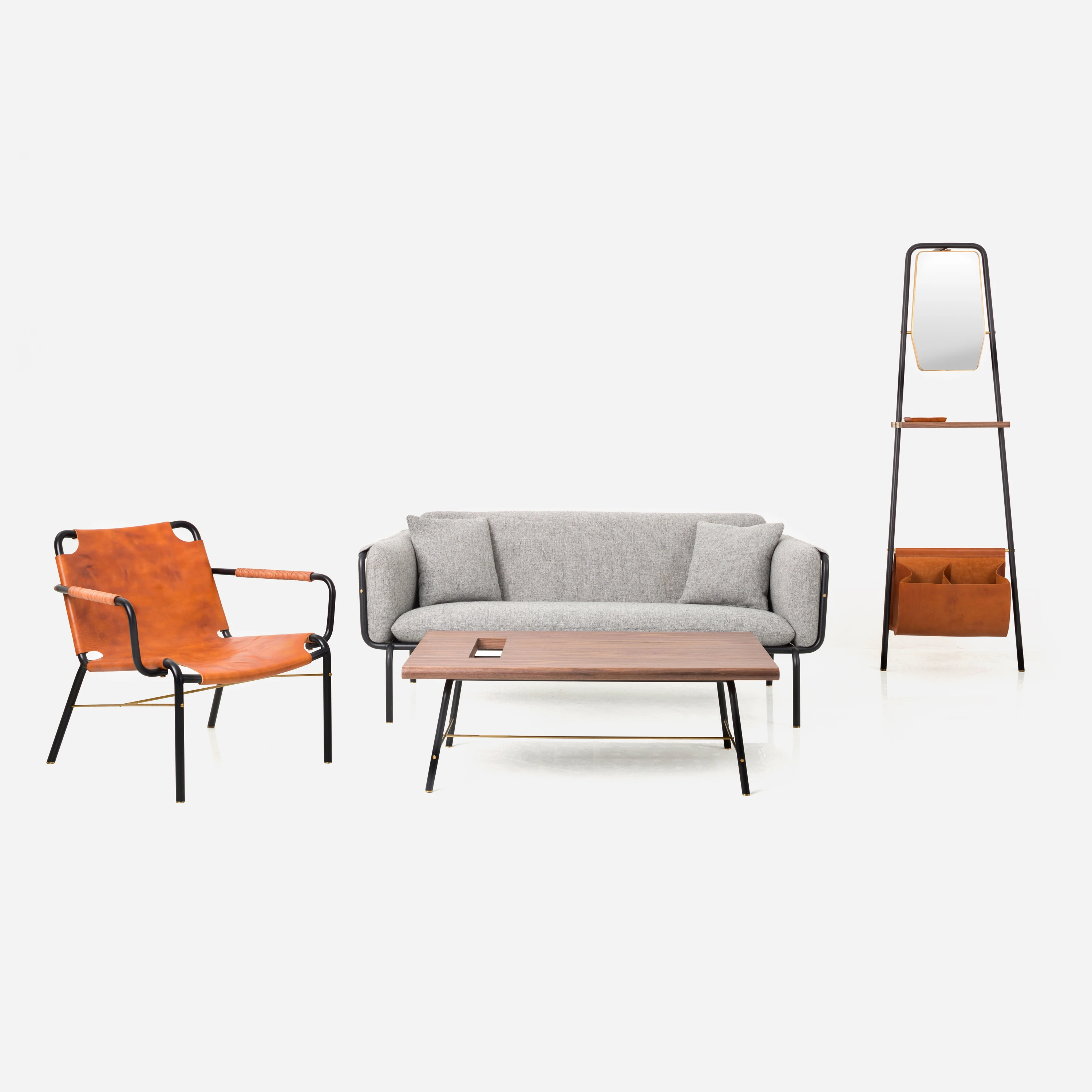Stellar Works is a Japanese furniture brand, headquartered in Shanghai, with sales offices in New York, Los Angeles, Dubai, Amsterdam and Tokyo.
Read moreCollections
See all collectionsFeatured Products
See all productsCatalogs
See all catalogs
Stellar Works Collection Vol. 15
en • 2025
Project highlight
See all projects
HAFEN
Susanne Fritz Architekten
2015
Romanshorn
Read more about Stellar Works
See all storiesAbout Stellar Works


1/4

Stellar Works is a Japanese furniture brand, headquartered in Shanghai, with sales offices in New York, Los Angeles, Dubai, Amsterdam and Tokyo.
The brand bridges the gap between East and West, crafting timeless furniture that blends tradition with innovation, enriching spaces and inspiring lives.
Guided by the Japanese hospitality spirit of おもてなし(omotenashi), Stellar Works welcomes everyone with warmth and care, ensuring that every detail reflects thoughtfulness and respect.





